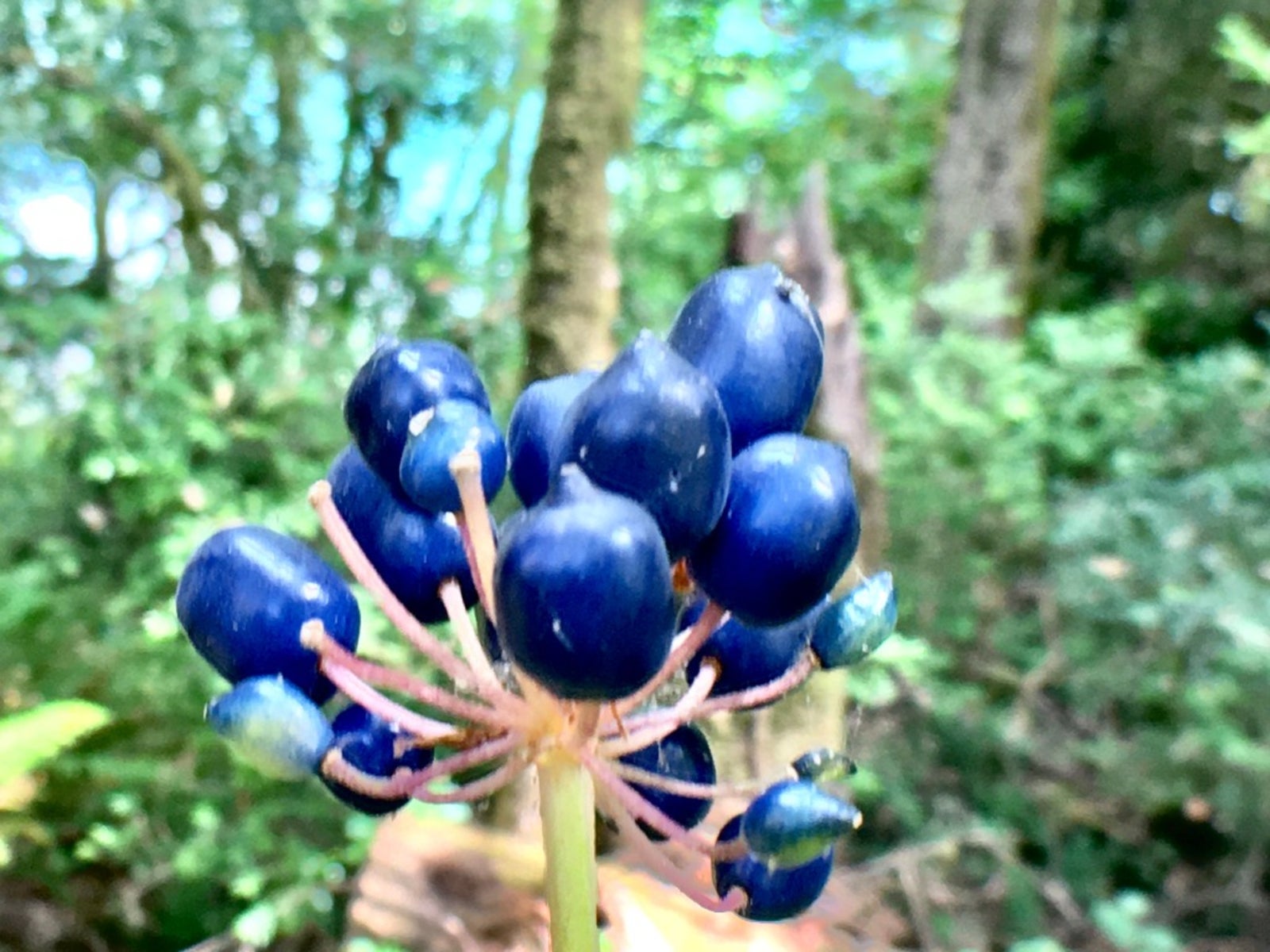Southern Arrowwood Shrub Care – How To Grow Southern Arrowwood Plants


Viburnums are one of the most popular ornamental plants. Southern Arrowwood viburnums are no exception. These native North American plants have all the charm of their introduced cousins plus a hardiness to a variety of climates that makes them very useful in the landscape. As an added bonus, Southern Arrowwood shrub care is a breeze since the plant has no serious plant or disease issues and is adaptable to many soil types and exposures. Learn how to grow Southern Arrowwood so you can enjoy this versatile native plant in your garden.
Southern Arrowwood Information
Southern Arrowwood viburnum (Viburnum dentatum) is a plant of the open woods and marginal sites of our forests, mountains and even roadways. It prefers a partially sunny location but can thrive in full sun. The name Arrowwood likely came from Native American men using the wood to fashion arrow shafts. In the landscape, it is very adaptable and produces an attractive multi-stemmed shrub. Like all viburnums, it has three distinct seasons of interest. Try growing Southern Arrowwood as a part of a native garden, border or screen. This native viburnum can grow 3 to 9 feet (1-3 m.) tall with an impressive spread of up to 8 feet (2.4 m.) in width. The multiple stems form an arching crown with numerous suckers joining in the fun over time. The foliage is oval to oblong with gently toothed margins, shiny green above and paler, duller green below. These leaves are 1 ½ to 4 inches (4-10 cm.) in length and are the first spectacle on parade. Foliage turns a rich red, yellow or even reddish purple in fall. The plant produces tiny white flowers in corymbs. These develop into ¼ inch (.6 cm.) blue-black drupes, which is very attractive to wildlife. A historical piece of Southern Arrowwood information is its use as a medicinal. All parts of the plant were once used in different preparations to assist in healing the body.
How to Grow Southern Arrowwood Viburnum
Southern Arrowwood viburnums are some of the easiest plants to grow. This viburnum has a fibrous root system, which makes it easy to transplant. That said, to source the plants, please do not go out into your local forest and harvest them, as they are important parts of the natural ecosystem. Growing Southern Arrowwood from suckers or stem cuttings is relatively easy if you wish to propagate the plant. Seeds require stratification and can be capricious regarding germination. Situate your Southern Arrowwood viburnum in partial sun with average moisture and fertility for best growth and production. However, beautiful plants can still result in full sun and the plant has a modest tolerance for drought once established.
Southern Arrowwood Shrub Care
Viburnums are notoriously tough plants that require very little special maintenance and care. Southern Arrowwood performs best with occasional pruning to maintain shape and rejuvenate the plant. If you don't want the plant to spread into a large thicket, keep the suckers at the base pruned away. The best time to prune is after flowering. Control weeds and provide supplemental irrigation for young plants and mature shrubs in extremely dry conditions. Watch for viburnum leaf beetles and control using horticultural oil as needed. Other than that, this viburnum is a self-sufficient specimen of beauty that will provide seasonal displays for you and for the many birds and insects that are also attracted to the plant.
Sign up for the Gardening Know How newsletter today and receive a free copy of our e-book "How to Grow Delicious Tomatoes".

Bonnie Grant is a professional landscaper with a Certification in Urban Gardening. She has been gardening and writing for 15 years. A former professional chef, she has a passion for edible landscaping.